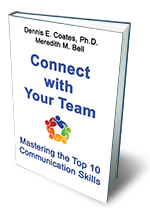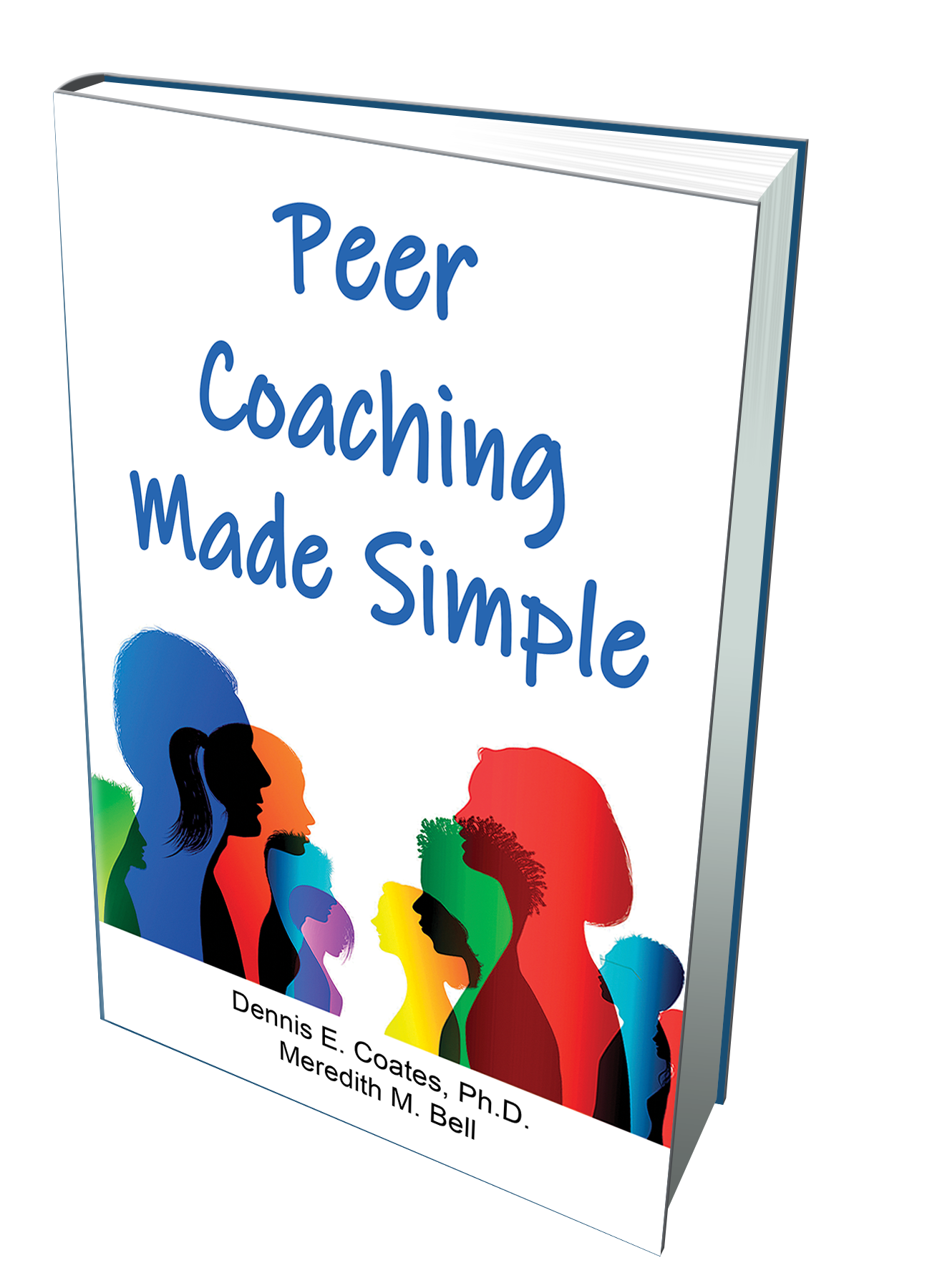
286: Heal from Your Past and Master Your Destiny
286: Heal from Your Past and Master Your Destiny
Some personal development programs focus on digging into your past to uncover what might be holding you back. Others emphasize getting over your past and focusing exclusively on your future. In this conversation Moustafa Hamwi makes a compelling argument for giving attention to both. He shares practical tips from his book, SLINGSHOT: The Practical Guide to Becoming a Master of Your Destiny, Not a Victim of Your History, that you can begin implementing immediately.
Moustafa is a bestselling author, international speaker, and mindset coach. His background spans diverse disciplines—from executive coaching, hypnotherapy, yoga, and meditation to adventure sports and nature healing.
Moustafa’s unique lifestyle as an executive nomad has him traversing the globe, often spending months living out of a campervan, immersing himself in diverse cultures, and forging a deep connection with nature.
His quest for self-discovery leads him to learning and meditation centers worldwide, exploring the intricacies of mind, body, and soul. He’s globally recognized as a foremost expert and thought leader in reigniting passion within organizations and teams.
You’ll discover:
- The story behind the book and what’s unique about Moustafa’s methodology
- Why it’s important to go through your past and not try to get over it
- How to rewrite your story so it serves you and doesn’t limit you
- Why courage, humility, and discipline are critical elements of effective leadership
- Tips for mastering your mindset so it frees you to master your destiny
Watch the episode:
Moustafa’s Resources
Website
Book
SLINGSHOT: The Practical Guide to Becoming a Master of Your Destiny, Not a Victim of Your History
NOTE: As a gift from Moustafa, fill in the form and in the field for Code enter GSL to receive the bonus pack without buying the book!













